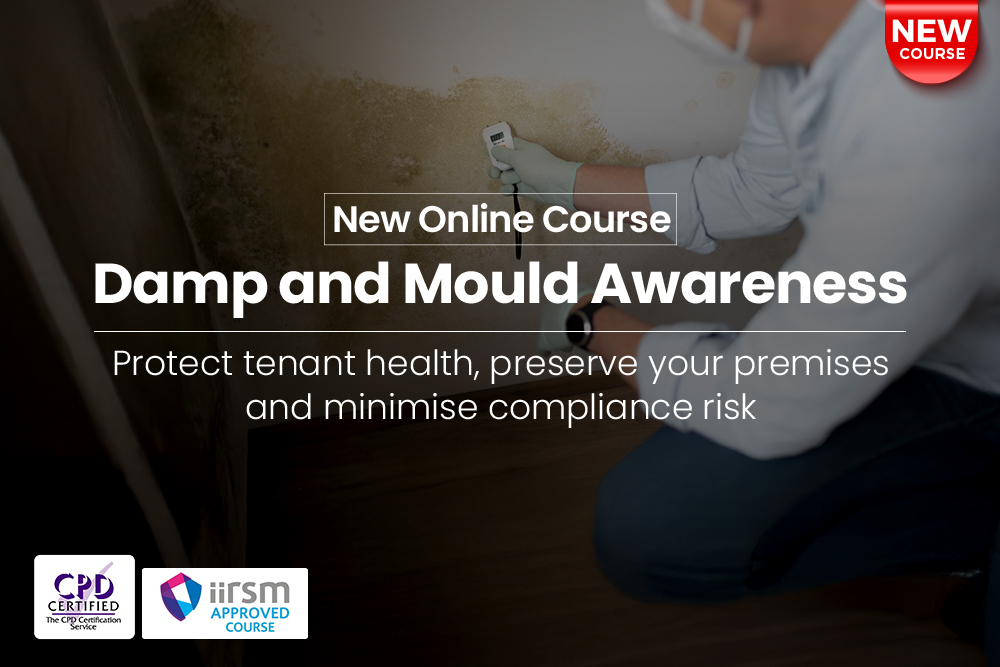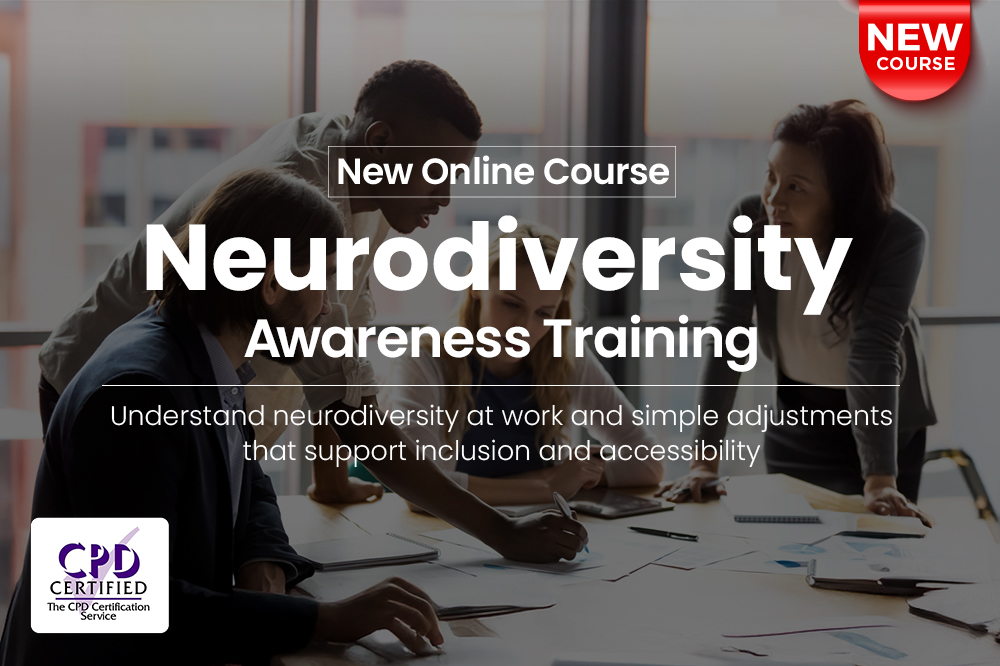
In this blog post, I will continue looking at how to maintain good mental resilience by looking at the aspect of assertiveness. Assertiveness can be seen as another spoke on the wheel that makes up our mental resilience, so that it is stronger and more able to face life’s obstacles on the road of life.
Most Agree, We Could Be More Assertive
A 2015 survey, found that as many as 35% of employees do not have the confidence to ask for a rise in pay. At the same time, more than one in four are afraid to ask for time off that they have earned.
Speaking to employees working in health, social care, teaching and the utility industries, I have discussed what people feel they needed to be mentally stronger. In their responses, more important than money or a loving relationship, is always the need to be more assertive.
What is Assertiveness?
Assertiveness can be defined as: ‘Behaviour which enables a person to act in his or her own best interest, to stand up for herself or himself, without undue anxiety, to express honest feeling comfortably, or to exercise personal rights without denying the rights of others’.
The Principles of Assertiveness
Being assertive is being able to say what you want effectively, without being aggressive or too submissive. It is also:
- Communicating clearly what you want
- Being clear in your mind about what you want
- Not feeling guilty for wanting it
- Understanding your right to expect something
Are You Assertive?
Consider yourself and your own interactions and compare them against above. How assertive do you reckon you are? If you are like most of us, you can likely see some opportunities for improvement.
An Easy Hack
Finding little ways to be a little more assertive in life is an easy hack to boosting how you think and feel.
Finding it difficult to say no? Here are some tips:
How to Say ‘NO’ Assertively
- Be straightforward and honest so that you can make the point effectively. Do not be rude
- As a rule, keep it brief
- Tell the person if you are finding something difficult
- Be polite. Say something like “thank you for asking…”
- Speak slowly with warmth. .Otherwise, “no” may sound abrupt.
- Don’t apologise and give elaborate reasons for saying “no”. It is your right to say no if you don’t want to do things
- Remember that it is better in the long run to be truthful than to breed resentment and bitterness within yourself
- When saying “no,” take responsibility for it. Don’t blame or make excuses. Change “I can’t” to “I don’t want to”
- Broken record – This skill involves preparing what you are going to say and repeating it exactly as often as necessary, in a calm, relaxed manner whilst ignoring irrelevant statements or attempts by the other person to redirect you into other arguments.






























































































































































































































































































































































































































































































































































































































































































































































